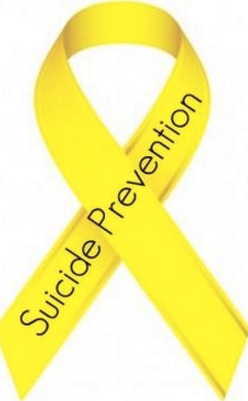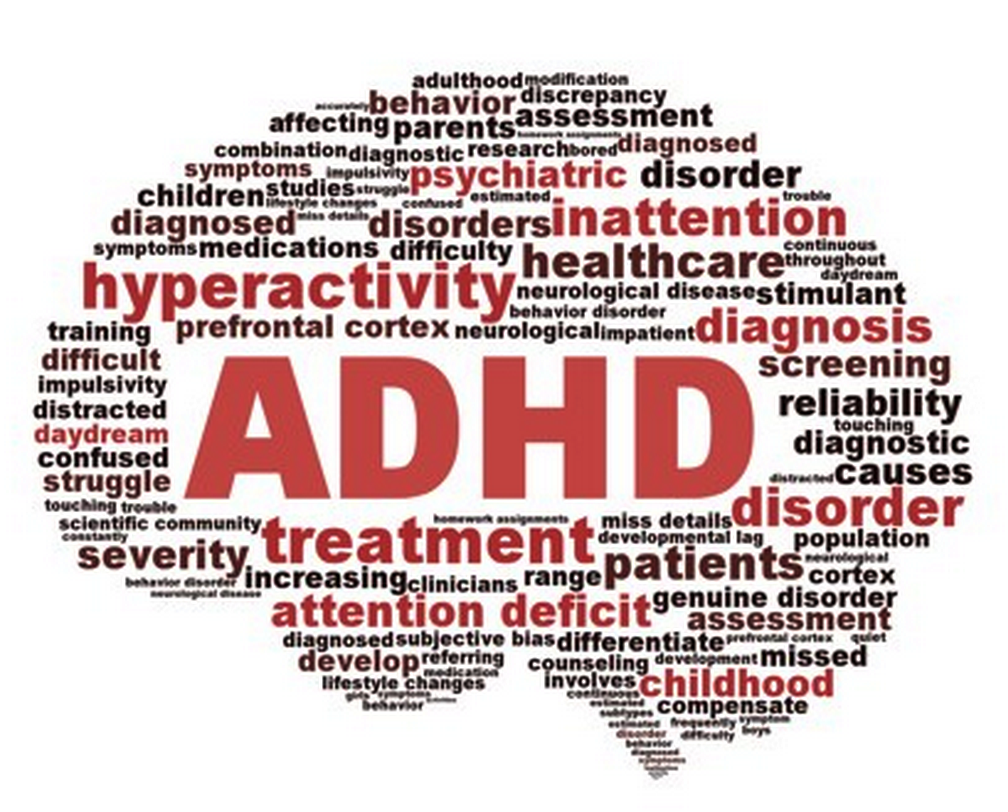Why you should skip the pills, eat real food for the benefits | Supplement Health
Today’s commercials tend to over-hype the message, especially when it comes to taking supplements / vitamins. It is as if ‘The food you eat isn’t enough’. Western thought process has been under scrutiny for pushing the idea that 'more is better'.
If the antioxidants that occur naturally in our food, like broccoli and carrots, are good for us, a supplement with the same thing must also be good. But that’s not quite true.
Truth: Antioxidants can help stop damage to our cells, but only so much is helpful, after that it becomes a negative, here is what was recently discovered:
Antioxidants are touted as protectors of our health because they eliminate free-radicals that damage molecules in cells and tissues by grabbing electrons from them, making those molecules, in turn, unstable.
This process can then snowball until a cell dies or even a whole organ collapses, such as in liver failure or heart failure. An antioxidant should stop the electron-grabbing radicals, and keep us healthy.
On this basis, a group of scientists proposed in 1981 the creation of a nutritional supplement to fight free-radicals. They reasoned that since many observational epidemiological studies had shown that people who eat lots of vegetables are at lower risk of colon cancer, heart disease and many other bad conditions, then the “active” ingredient should be identified and put into a pill. They thought that it must be beta-carotene, which helps make carrots orange, because it’s an antioxidant.
What's better than a pill?
But it’s not that simple. The constant interplay between electron acceptors (radicals) and donors (antioxidants) is a finely balanced and very complicated biochemistry at the core of how living cells survive and grow. When there is too much of either acceptors or donors, the system is out of balance, and damage can occur. So extra antioxidants aren’t necessarily a good thing.
But in the late 1980s, two intervention trials, one in Seattle and the other in Finland, started. Interventions trials are hugely expensive to do well, and these were no exception.
For the Seattle trial, approximately 18,000 men and women were randomized in 1988 to receive either a tablet containing beta-carotene or a tablet containing no active ingredient, which is the famous placebo. The plan was to follow the men and women for 10 years; the researchers hypothesized they would observe a lower lung cancer risk in the beta-carotene tablet group, hopefully much lower.










